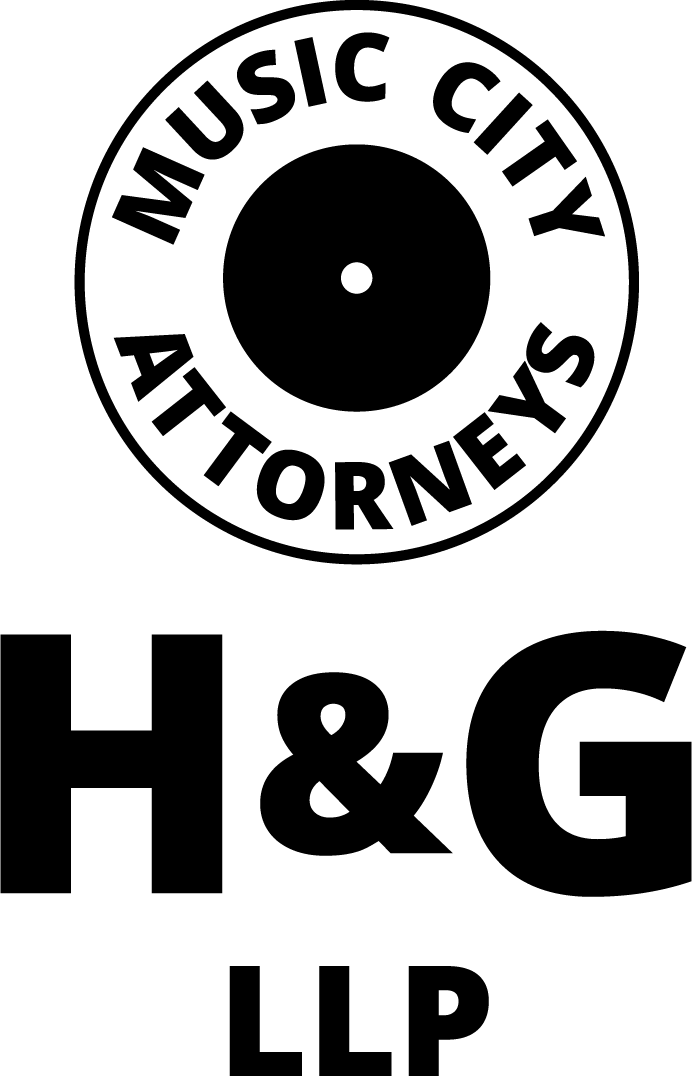Sponsorship and Endorsement Agreement Basics
Advertising is everywhere, and behind each piece of advertising is a contract. In this post we will explore different types of sponsorship arrangements and the typical terms found in a sponsorship agreement.
Different types of Sponsorship Arrangements
1) Targeted Sponsorship
A targeted sponsorship is an arrangement where a sponsor is provided with the right to sponsor a person or entity, such as an athlete, musician, or sports team. Targeted sponsorships typically last for several years.
2) Branded Content Sponsorship
A branded content sponsorship is an arrangement where the sponsor’s brand name and/or product is integrated into entertainment content that is produced specifically for this purpose. Branded content sponsorships are often seen in video games and short video productions (such as Instagram, TikTok, or SnapChat).
3) Product Placement Sponsorship
A product placement sponsorship is an arrangement where a name-brand product is used as a prop in entertainment content (think of an actress making a bowl of cereal where the viewers can see the cereal box/label).
4) Product Integration Sponsorship
A product integration sponsorship is an arrangement where a name-brand product is used as a prop in entertainment content, but the brand is incorporated into dialogue or action (think of an actress who makes a bowl of cereal and then goes on to say: “Honey Nut Cheerios are delicious!”)
Terms to Look for in a Typical Sponsorship Agreement
1) Who is entering the deal?
Identifying the parties to a contract is an obvious first step, but I believe it is particularly important to address this in the context of sponsorship agreements. The reputation of the person or entity that you enter into a sponsorship agreement with reflects strongly on you, and vice versa. Whether the business, products, and/or services are something you want to be associated with is important to consider prior to signing the agreement. Sponsorship agreements have long lasting effects, so make sure you are comfortable associating yourself with whoever is on the other side of the table.
2) Single vs. Multiple Sponsors
Single sponsors are generally granted a host of exclusive rights in exchange for a hefty fee and sometimes have a voice in much of the decision-making processes. However, when there are multiple sponsors involved, exclusivity rights are commonly awarded on a per-category and/or brand basis. If you are entering into multiple sponsorship agreements make sure that none of the various agreements contradict each other. In other words, you want to be able to fulfill your obligations in one agreement with L’Oréal without violating the terms of another agreement you have with Lyft.
3) Sponsored Event/Activity
This is extremely important because this provision describes the nature of the event or activity being sponsored. In other words, who is doing what and all the associated details. This provision of a sponsorship agreement should include the following information: event name/title, a description of what will take place, the names of the participating parties, all relevant dates and times, the venue(s) and/or online platform(s), the duration of the event, alternate venue and/or online platform, date and time information, and any other information necessary for the sponsor to fully understand what to expect and how it should fulfill its obligations.
4) Marketing, Promotional, and Advertising Rights
With any sponsorship agreement, publicity is the name of the game. The sponsor is going to primarily be concerned with publicizing the event as much as possible. To achieve that goal, sponsors are typically granted some, or all, of the following rights:
Venue Advertising Rights
Can the sponsor advertise at the venue? If so, where and in what manner?
Program and Website Advertising Rights
Can the sponsor advertise in the event program or on the web? If so, where and in what manner?
Naming Rights
This is the most sought-after right in any sponsorship agreement and it involves placing the sponsor’s name, logo, product and/or service in the event’s official title. Naming rights are often granted to an official supplier or title sponsor for a substantial fee.
Photo and Video Exploitation Rights
Anytime photos or videos are at play there is a risk of infringing copyright, trademark, privacy, and/or publicity rights. Because of this, it is important to obtain consent from necessary third parties in order to exploit photos or videos of the sponsored event. These are called “clearances.”
5) Legal Compliance
This is an extremely important issue when it comes to sponsorship agreements. Any contract clause concerning legal compliance is likely to be buried in a section referred to as “representations and warranties,” but it should never be skimmed over. You must comply with advertising laws at both the federal and state level. Section 5 of the Federal Trade Commission Act and Section 43(a) of the Lanham Act are at play, and, depending on the nature of what is being advertised, federal agencies such as the Food and Drug Administration may have additional regulatory requirements to comply with.
6) Exclusivity
Exclusivity rights are a key concern in any sponsorship agreement. If you are a sponsor, you want to be the only person or entity receiving valuable promotional attention. However, the sponsored party wants to obtain as many sponsors as possible in order to maximize value. Exclusivity rights should be a point of primary negotiation in any sponsorship agreement.
Putting it all Together
A typical sponsorship agreement has a lot more terms than what I discussed here, but everything laid out above is absolutely crucial to any and every sponsorship agreement. As always, be sure to consult with an attorney before entering into any sponsorship agreement. Sound legal advice should limit your liability and ensure that each party is getting a good deal.
Contact us today with any questions you have concerning sponsorship or endorsement agreements!
See our blog for other interesting topics.
Photo by Alexander Londoño on Unsplash
*The material and information in this blog is for general informational purposes only. In no way is this information to be construed as legal advice for a particular situation.*

